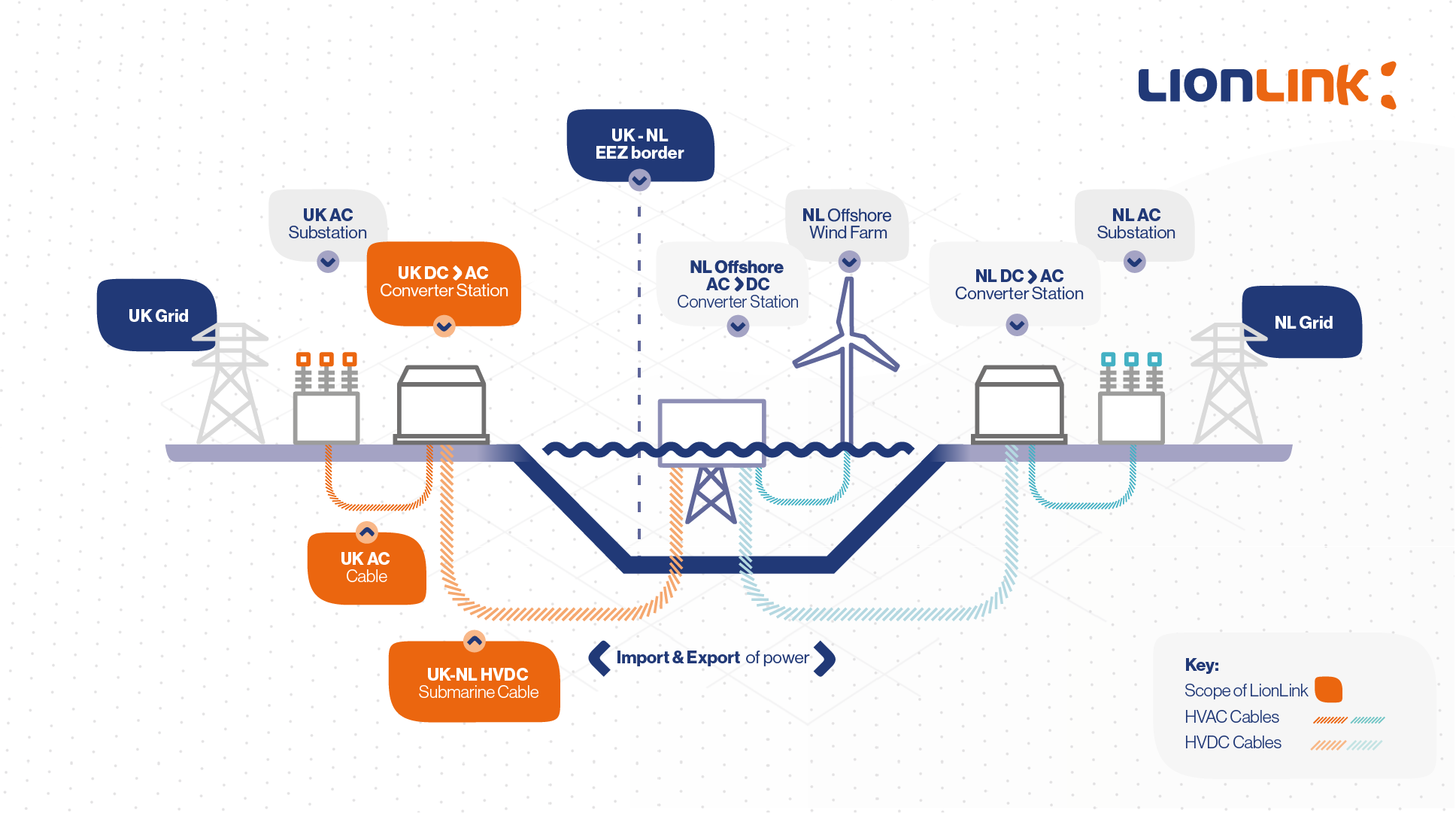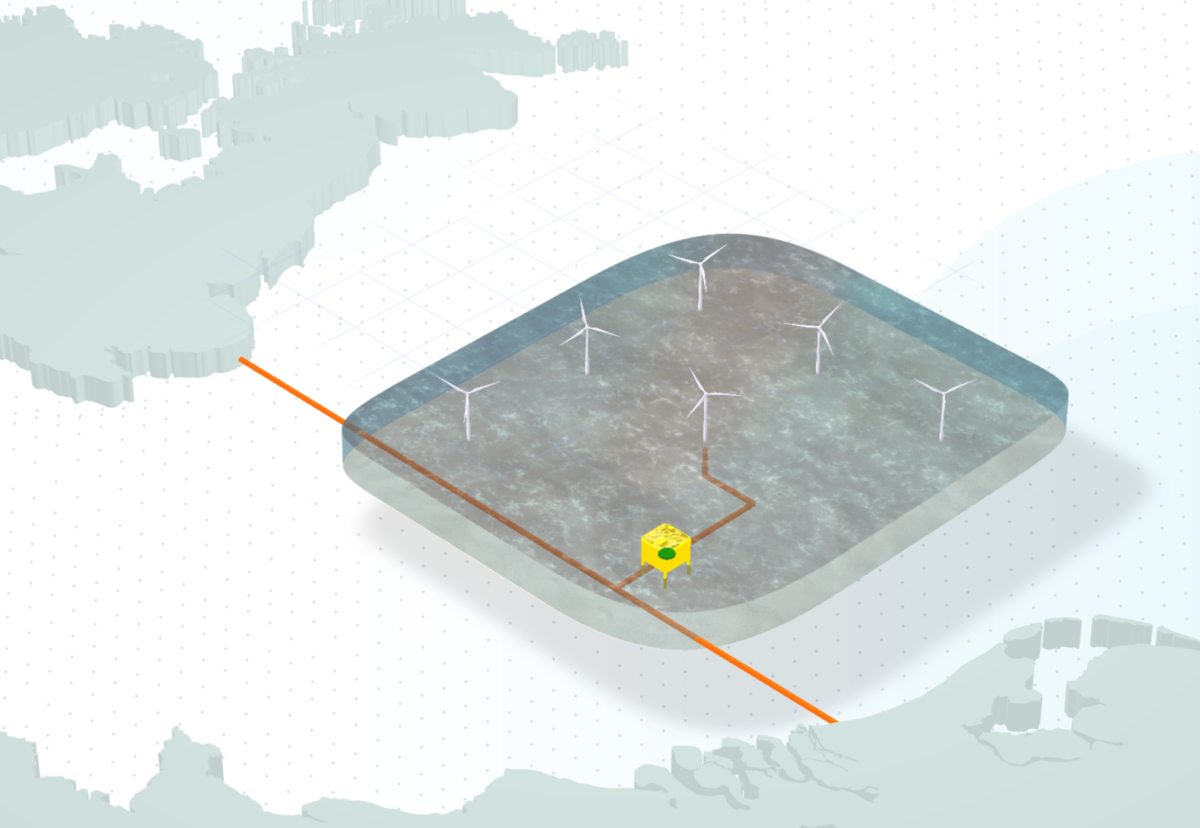The new cross-border electricity line known as LionLink will be only the second of its kind in the world, with the first having been built by Germany and Denmark.
However, it will be able to carry more than four times the amount of electricity as its predecessor – making it the largest of its kind in terms of capacity anywhere in the world.
While normal interconnectors only connect two countries, the multipurpose LionLink will join the UK and Netherlands to each other as well as simultaneously with offshore wind farms at the heart of the North Sea.
The government is announcing the innovative project which further boosts energy security and energy independence in Europe at a major North Sea Summit in Belgium today.
Energy Security Secretary Grant Shapps said: “Today’s historic deal with the Netherlands connects our two countries together through this exciting feat of innovation and engineering – the largest of its kind in the world which will provide enough electricity for more homes than in Manchester and Birmingham combined.”
Ben Wilson, President National Grid Ventures, said: “Connecting wind farms to multiple markets simultaneously is a game changer for energy infrastructure and brings us one step closer to realising the enormous green energy potential of the North Sea.
“Not only can we deploy every spare electron where it is needed most, we can help to reduce the impact of infrastructure on coastal communities.
“We now need the right political, legal and regulatory framework to make it happen and establish a mutually beneficial North Sea grid to deliver a cleaner, fairer, more secure and more affordable energy future for British and European consumers.”
The new LionLink will carry 1.8GW of electricity, compared to Germany and Denmark’s Kassø-Frøslev (Kriegers Flag), which carries 0.4GW.

LionLink will transmit electricity under the North Sea through submarine cables. All the cables will be buried underground from landfall sites to new converter station and then underground again from the converter station to the substation.
It will be developed by National Grid Ventures and TenneT and will be operational by the early 2030s. The deal kickstarts the development stage of the project, with a final investment decision expected by 2026.
This builds on the 8.4GW interconnector capacity that the UK has – and LionLink alone will increase that by up to a fifth, meaning more clean and affordable power for UK homes and businesses.
The LionLink will reduce the need for further onshore construction and visible infrastructure connected with developing future wind farms.
Britain’s world-class innovation, knowledge and skills within the North Sea energy sector is expected to bring £20 billion a year of investment to the UK’s coastal regions and create 40,000 skilled green jobs to Britain.

.gif)







































 (300 x 250 px).jpg)









.gif)



